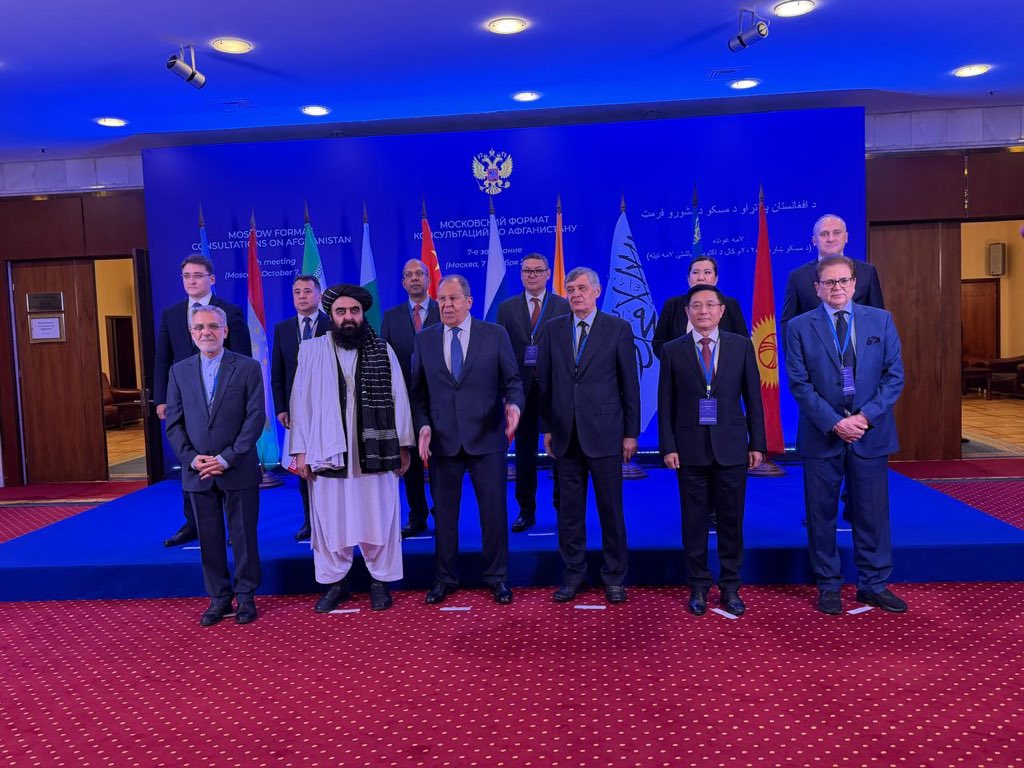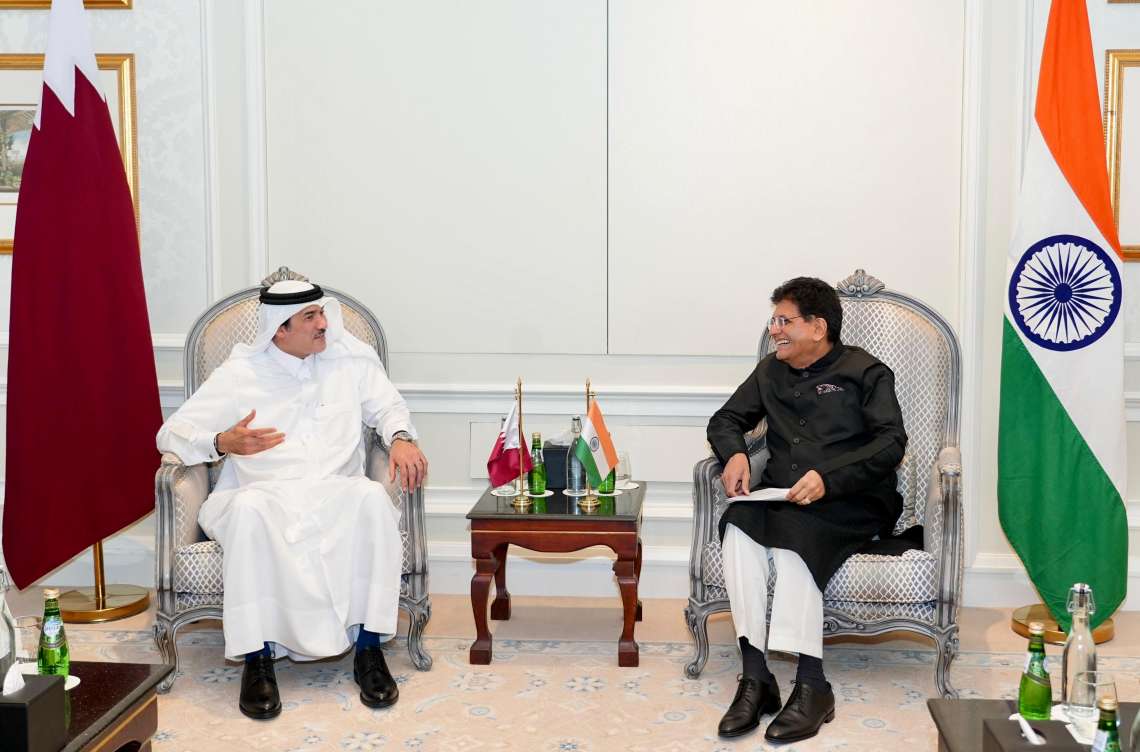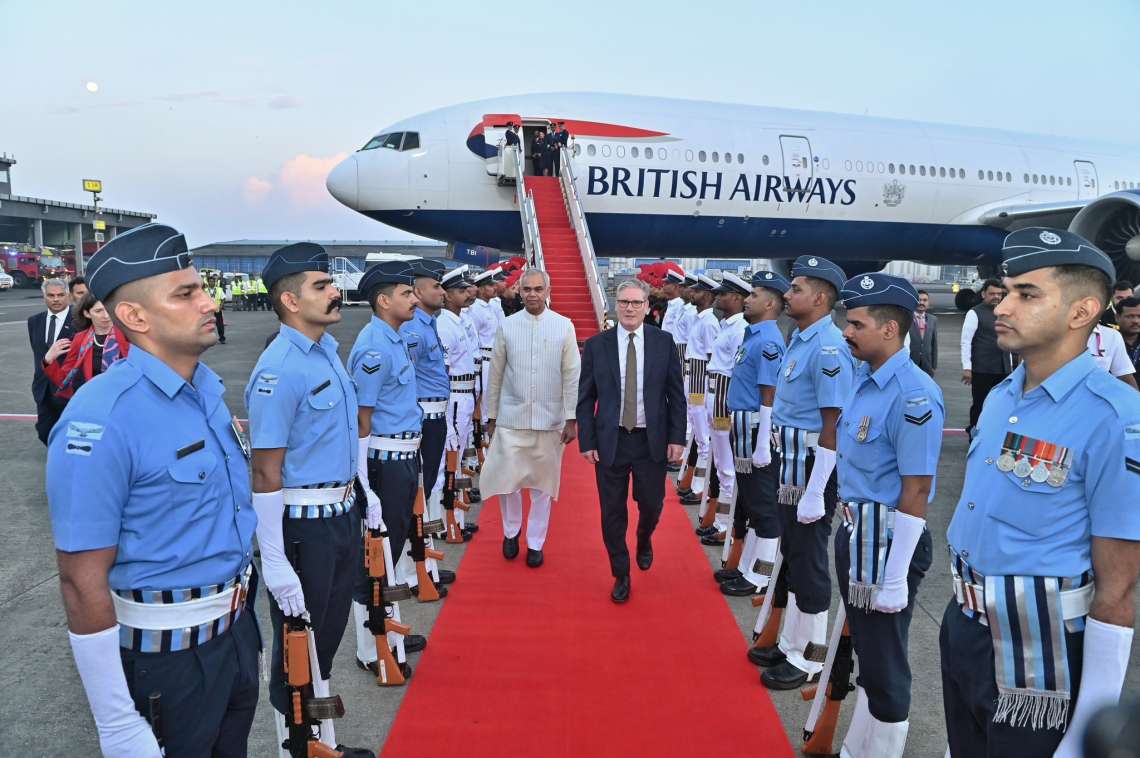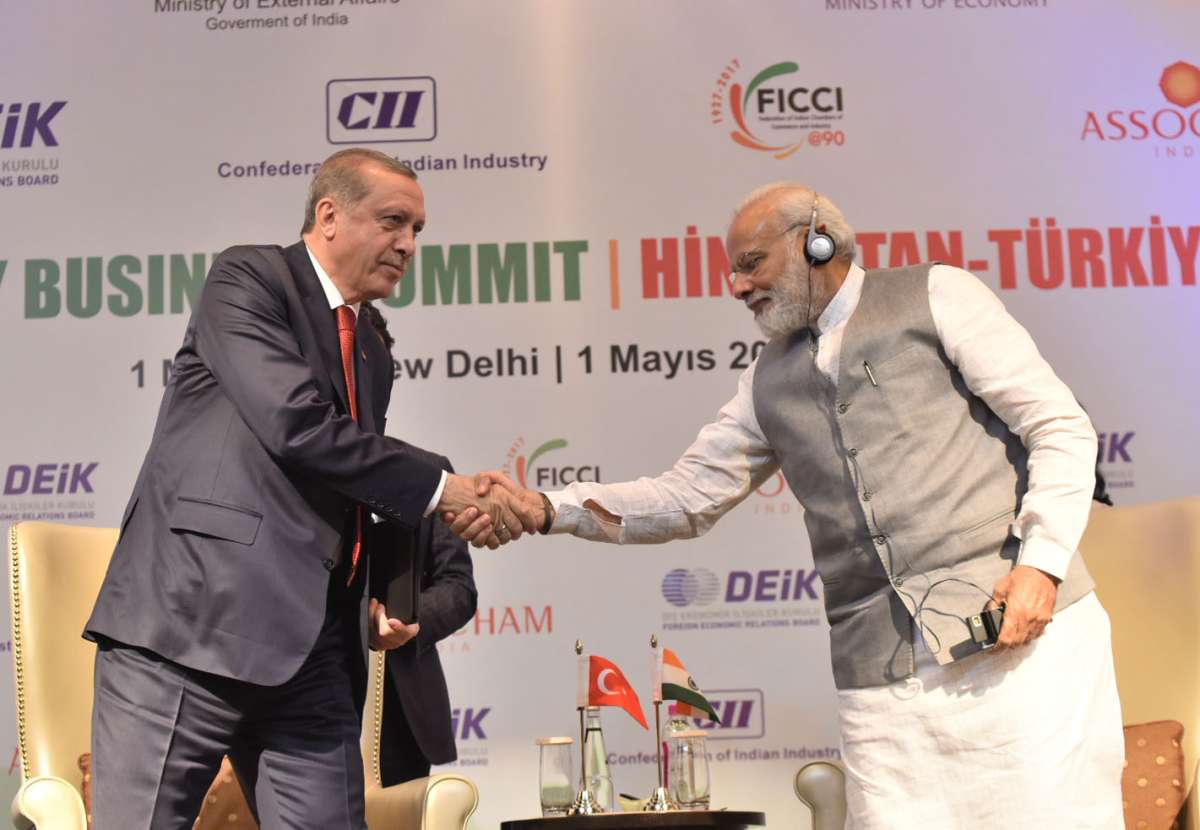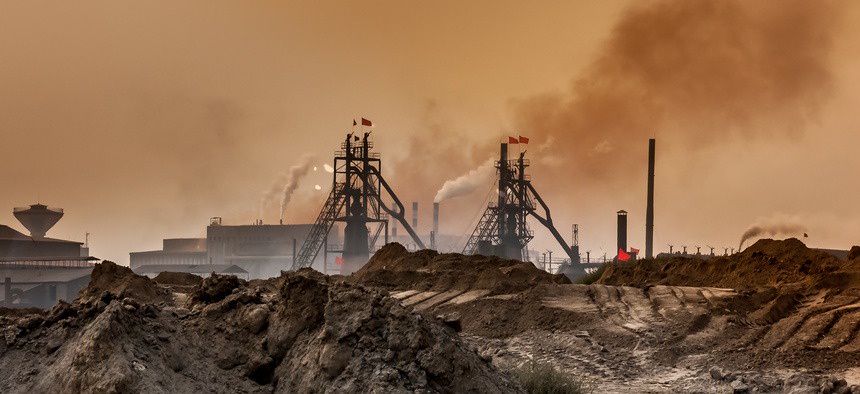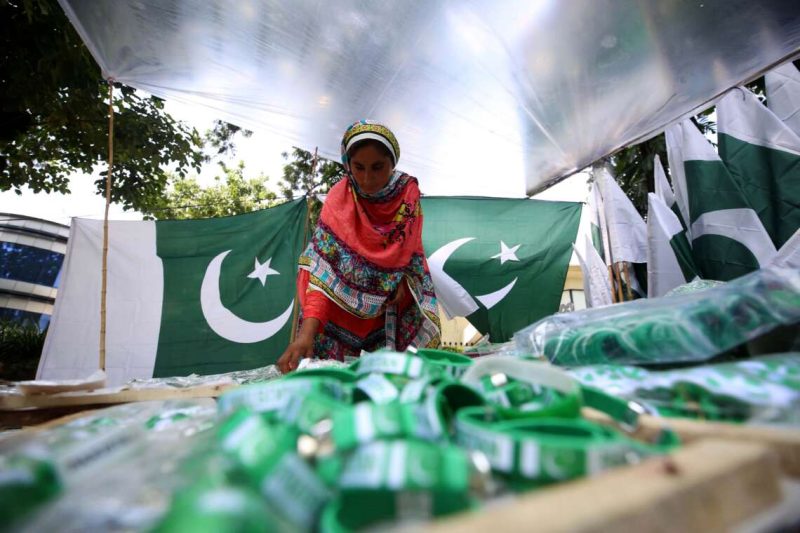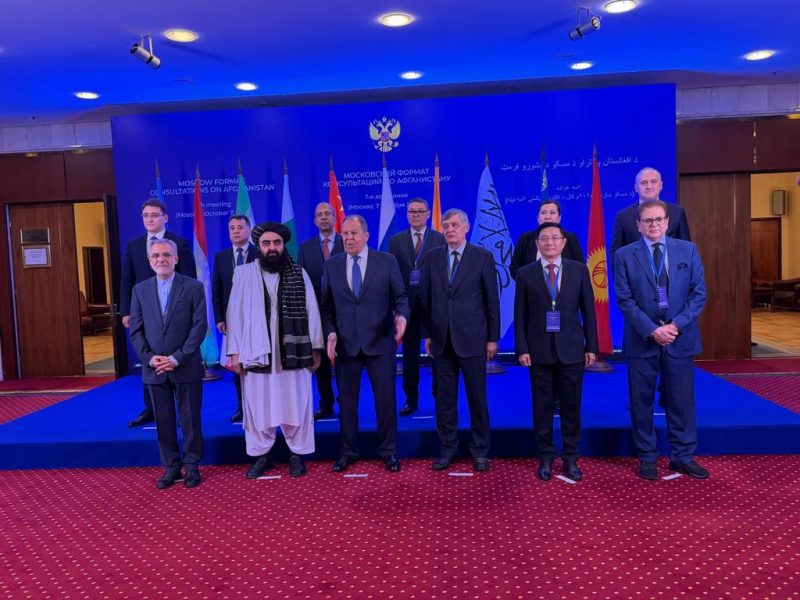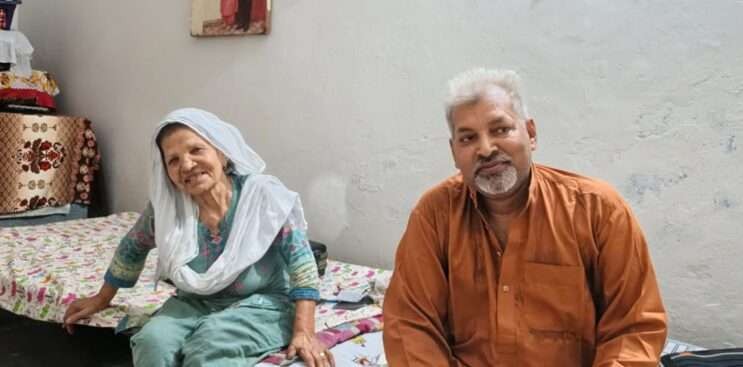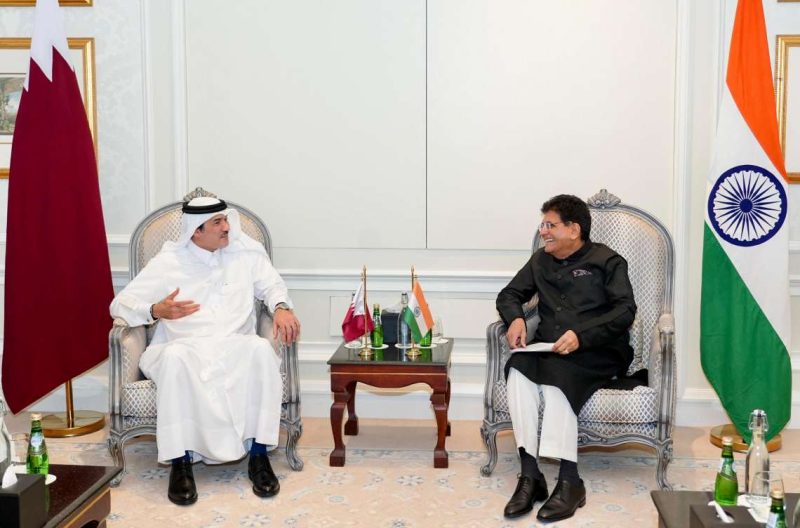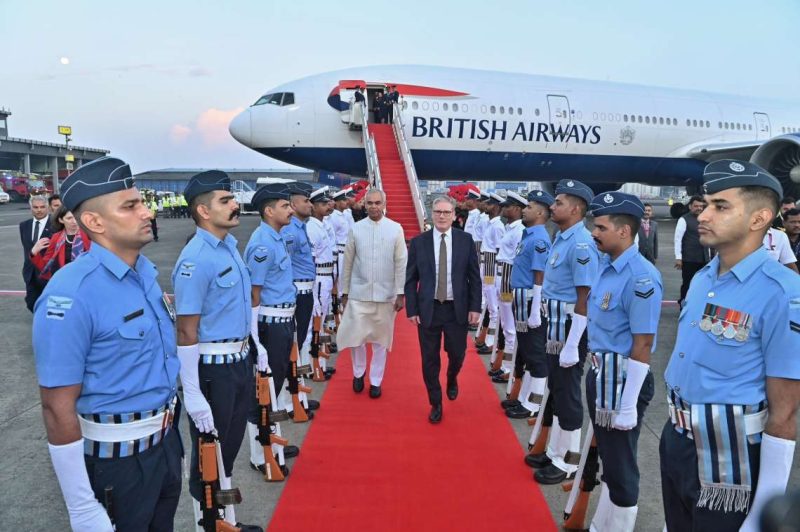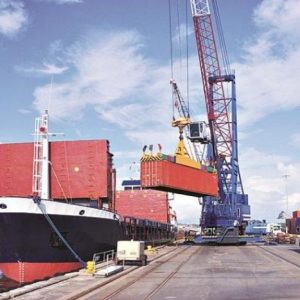The objective of the conference is to explore possibilities of boosting connectivity investments in India’s North Eastern States and with India’s neighbours…reports Asian Lite News
In a bid to enhance connectivity in the North Eastern States of India, the Ministry of External Affairs, EU Delegation to India and the Asian Confluence are jointly organizing the India-EU Connectivity Conference in Meghalaya on June 1 and 2.
The objective of the conference is to explore possibilities of boosting connectivity investments in India’s North Eastern States and with India’s neighbours; Nepal, Bhutan and Bangladesh. The Conference is an outcome of the India-EU Connectivity partnership launched during the India-EU Leaders’ Meeting in May 2021.
The Conference would focus on connectivity through three pillars namely: Digital, Energy and Transport with an aim to identify concrete projects for joint implementation. This was also recognised as a key deliverable in the recently concluded Ministerial Meeting of the India – EU Trade and Technology Council (TTC).
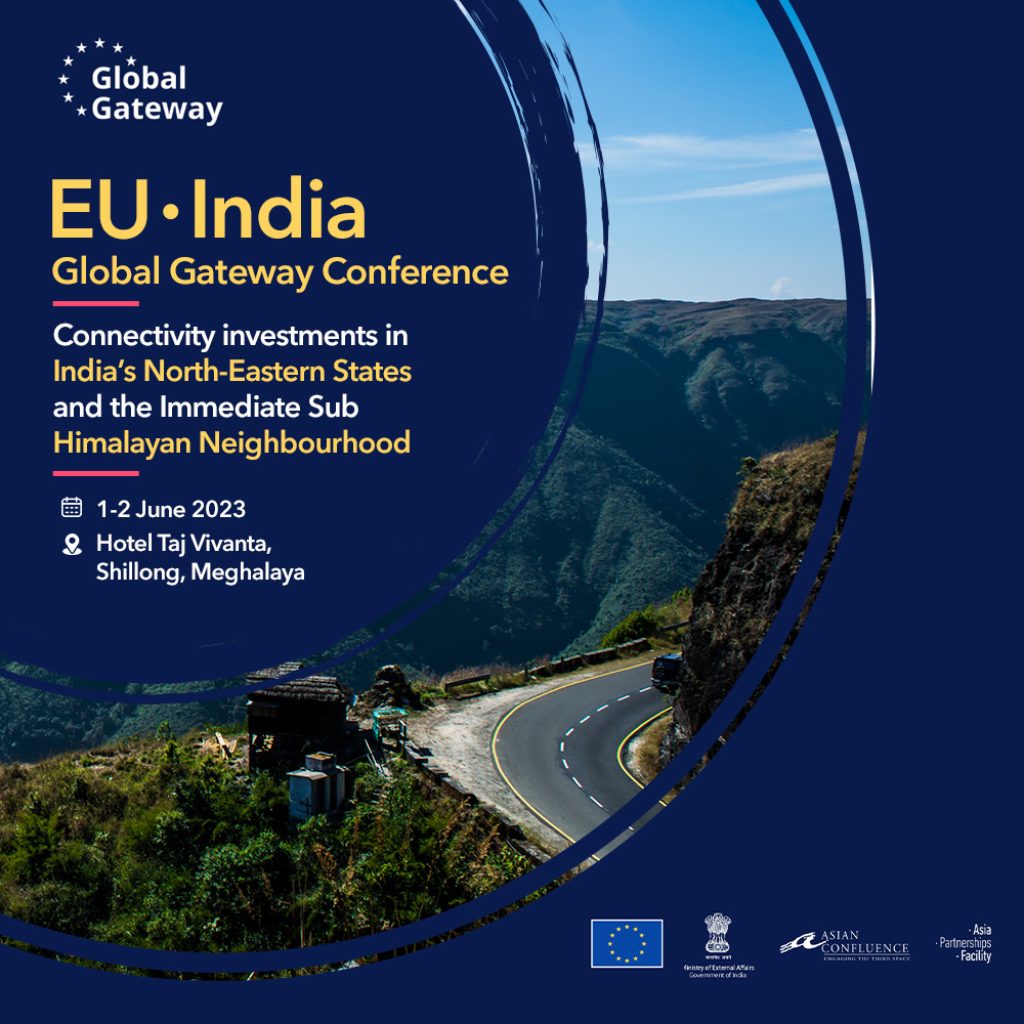
The Conference would be inaugurated by Conrad Kongkal Sangma, Chief Minister of Meghalaya and Rajkumar Ranjan Singh, Minister of State for External Affairs.
Senior officials of the Government of India, EU Commission, Government(s) of the North Eastern States of India, Government(s) of Nepal, Bhutan and Bangladesh and stakeholders from the private sector are expected to participate and provide their insights and views on the subject.
The Northeast region of India is located east of Bangladesh and north of Myanmar and is connected to the rest of India by a narrow strip of land between Bangladesh and Bhutan.
Northeast India faces several challenges, including infrastructure development, lack of connectivity, and insurgency issues in some areas. The region also experiences frequent floods and landslides, which can cause significant damage to infrastructure and disrupt daily life. However, the government is working to address these issues and promote development in the region.
Meanwhile, the economic ties between India and the EU are being strengthened based on new trade and tech plans amid scepticism over China, reported Daily Mirror Online (DMO).
The European Union (EU) is seeking deeper ties with New Delhi as Europe-China ties are strained by sanctions spat over accusations of rights abuses in Xinjiang that left progress on a 2020 investment agreement frozen.
After the first meeting of the EU-India Trade and Technology Council in Brussels, EU officials spoke of “very promising beginnings.”
“Moreover, the EU wants to “de-risk” China ties as many countries are moving away from China’s dominance in the sector due to supply chain vulnerabilities and geopolitical pressures.
However, Brussels does not want to cut off ties with Beijing altogether, but it does want to diversify its supply chains. That’s where India comes in.
A large part of semiconductor manufacturing involves design and intellectual labour. India has an advantage here, as a large portion of semiconductor design engineers globally are of either India or Indian origin; chipmaking firms such as Intel and NVIDIA have large facilities in India that are already flush with Indian talent working on design problems.
Also, New Delhi-Beijing relations are also complicated by a border dispute.
Europe-China ties, meanwhile, have long been strained by sanctions spat over accusations of rights abuses in Xinjiang that left progress on a 2020 investment agreement frozen, reported DMO.
European Commission Executive Vice President Margrethe Vestager pointed to Indian plans to boost semiconductor production as an example of how EU-India ties could “give muscle” to Brussels’ idea of “de-risking.”
She cited quantum computing and “technologies developing beyond 5G” as areas where India could offer “trusted vendors” for Europe in the future.
“We’ve seen that many companies which are leaving China also prefer to go to Southeast Asian countries. So, India is here in competition with other Asian players,” Berlin-based analyst Christian Wagner, a researcher with the German Institute for International and Security Affairs, told DW.
“But when we look at the geostrategic landscape,” he said, “I think India has certainly a much bigger profile,” said Wagner.
He said that India at the moment is in a very favourable position, because both the Western countries, the United States, the European Union, as well as Russia, as well as China, are wooing India and trying to intensify their relations, reported DW. (ANI)



